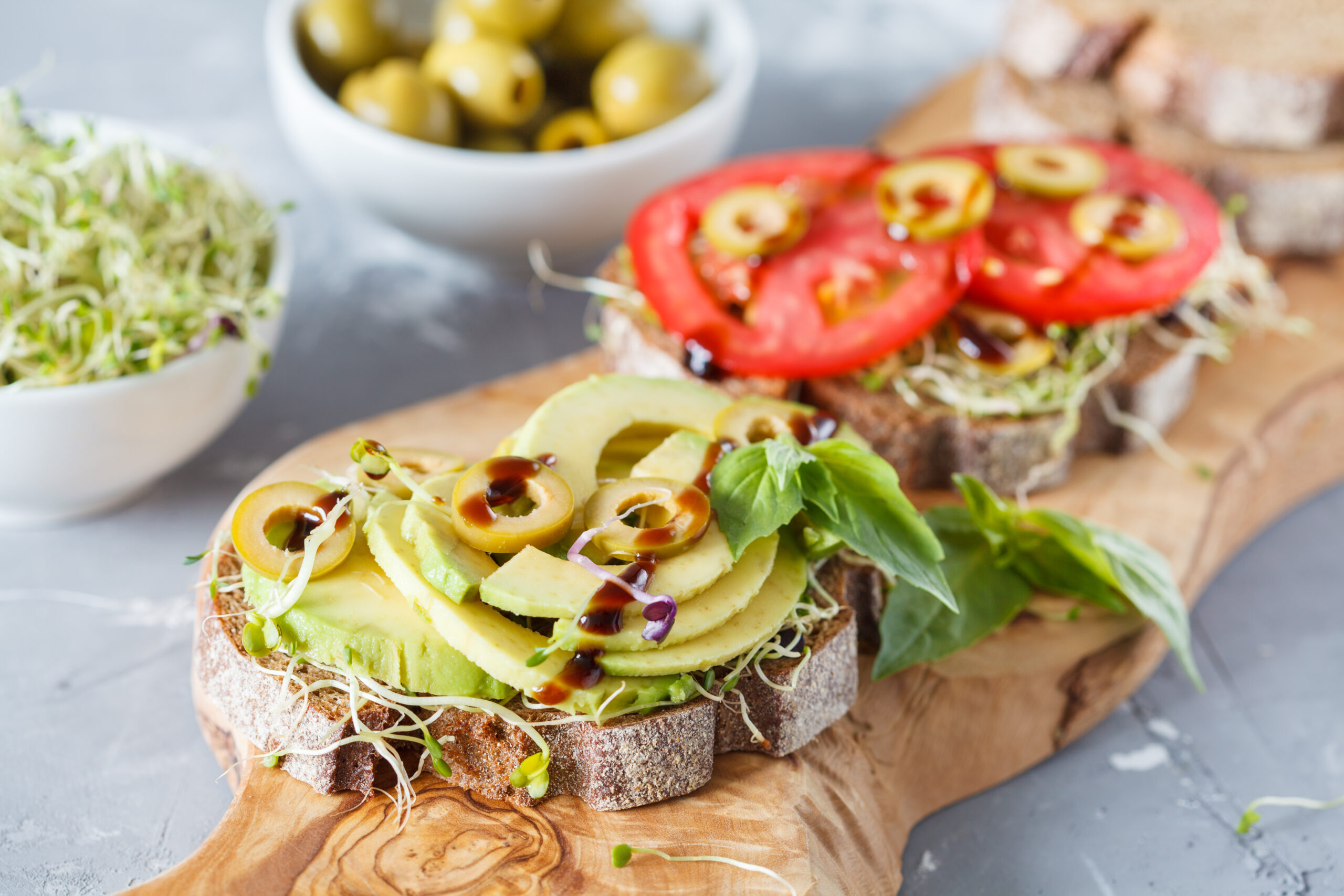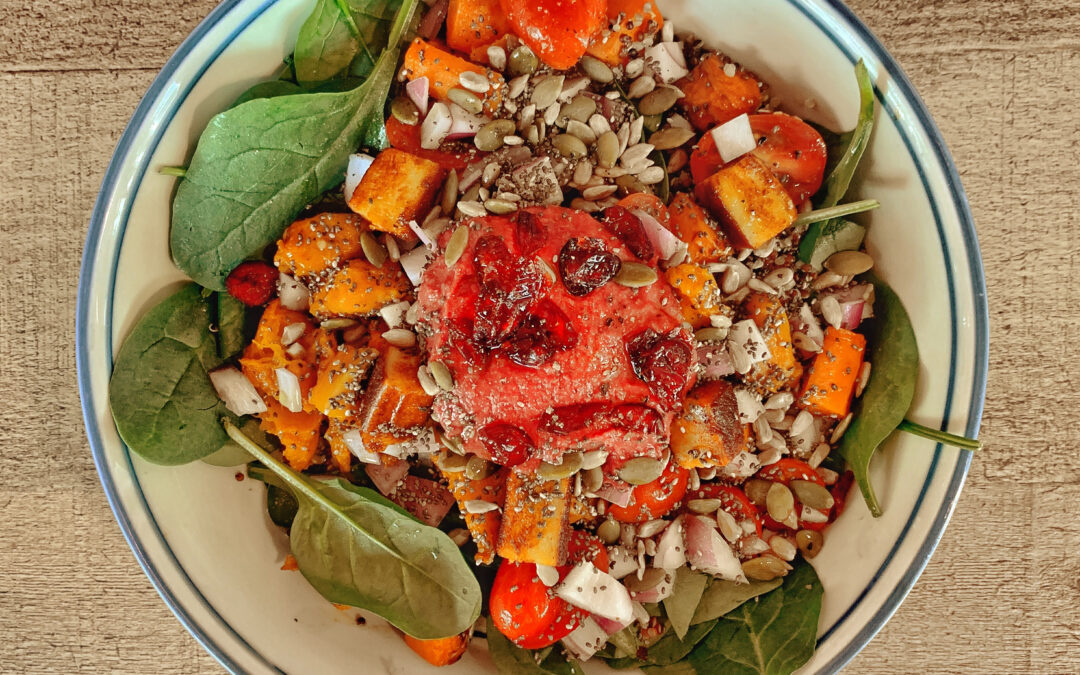
I’m Going to Stop Using the Word “Diet”
I’m going to stop using the word “diet”.
Why? Because our society has primarily coupled the word diet with the sole purpose of weight loss.
Let’s look at the Oxford online definition of the word diet:
1. the kinds of food that a person, animal, or community habitually eats.
“a vegetarian diet”
2. a special course of food to which one restricts oneself, either to lose weight or for medical reasons.
“I’m going on a diet”
3. restrict oneself to small amounts or special kinds of food in order to lose weight.
“it’s difficult to diet”
While the top definition is the actual connotation meant when I refer to a plant-based diet, much of our society perceives diets as restrictive.
Look at the second and third definitions. The examples they use even suggest that dieting is restrictive or hard.
Instead, I’m shifting to the word lifestyle.
Lifestyle defined by Oxford:
The way in which a person or group lives.
“the benefits of a healthy lifestyle”
How do I use it in a sentence? I live a healthy plant-based lifestyle.
A plant-based lifestyle is about a healthy way of living that is NOT restrictive but actually grants us our best possible health with more variety than ever.
Now, I don’t swear that I’m going to completely stop using the word diet because I could slip up.
But the word has bothered me for years. I grew up in the 70’s and 80’s and dieting was (and still is) a toxic topic because it was associated with the ideal of being thin.
My mom, who will likely read this post, tried almost every diet trend there was. Most worked in the moment but as soon as she stopped whatever restrictive diet she was on, well, you can guess what happened.
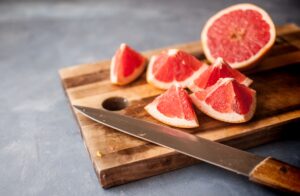 Fun Fact: Do you remember The Scarsdale Diet? It was originally published in 1978. Well, my mom was a nurse and worked for the doctor who wrote the book. (She even got a thank you in the acknowledgments!) You can be sure that there was a lot of grapefruit and melba toast eating going on in my house back then.
Fun Fact: Do you remember The Scarsdale Diet? It was originally published in 1978. Well, my mom was a nurse and worked for the doctor who wrote the book. (She even got a thank you in the acknowledgments!) You can be sure that there was a lot of grapefruit and melba toast eating going on in my house back then.
While I LOVE grapefruit and do eat them when in season, that is no way to exist.
Thus, we will delve deeper in future posts as to what a healthy plant-based lifestyle means. and how by adopting a healthy plant-based lifestyle, you can enjoy its benefits.
For now, I just want to move away from the restrictiveness of the word diet. Eating plant-based is actually rather freeing. There are so many options, especially these days. From foods you can find in your supermarket, to the gazillion recipes available online from wonderful bloggers and chefs. Would you join me in switching to a plant-based lifestyle?
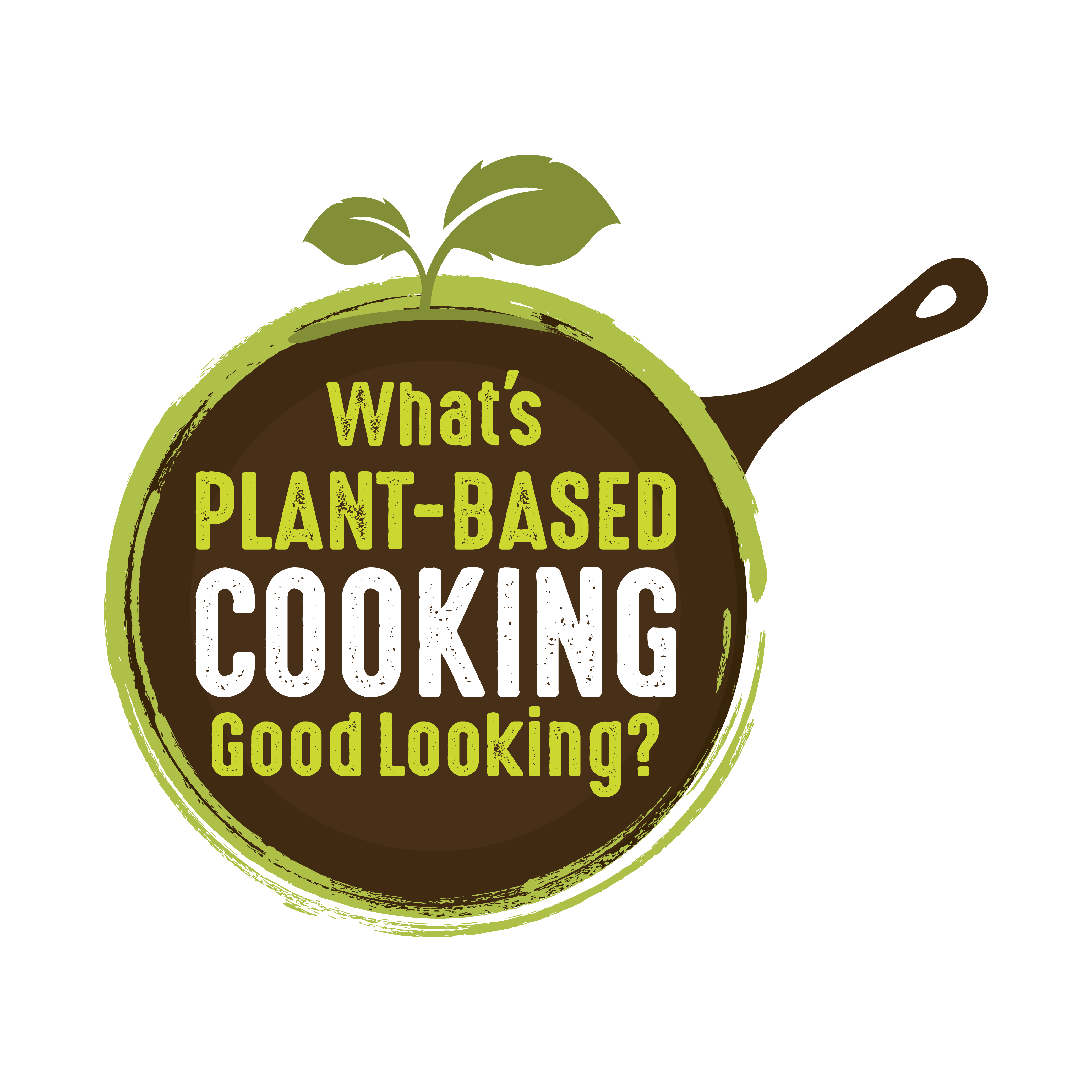
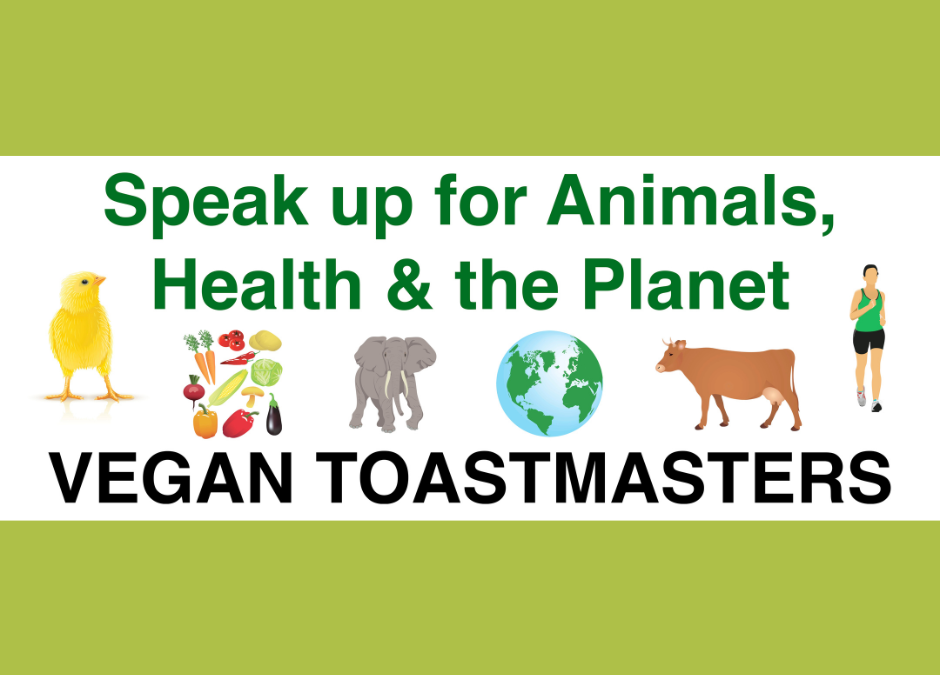
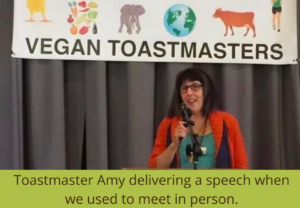 I really enjoyed Vegan Toastmasters, joined, and (oopsie) once again, didn’t last too long in the club because the meeting times conflicted with my kids’ activities.
I really enjoyed Vegan Toastmasters, joined, and (oopsie) once again, didn’t last too long in the club because the meeting times conflicted with my kids’ activities.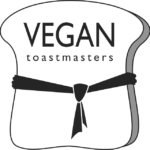
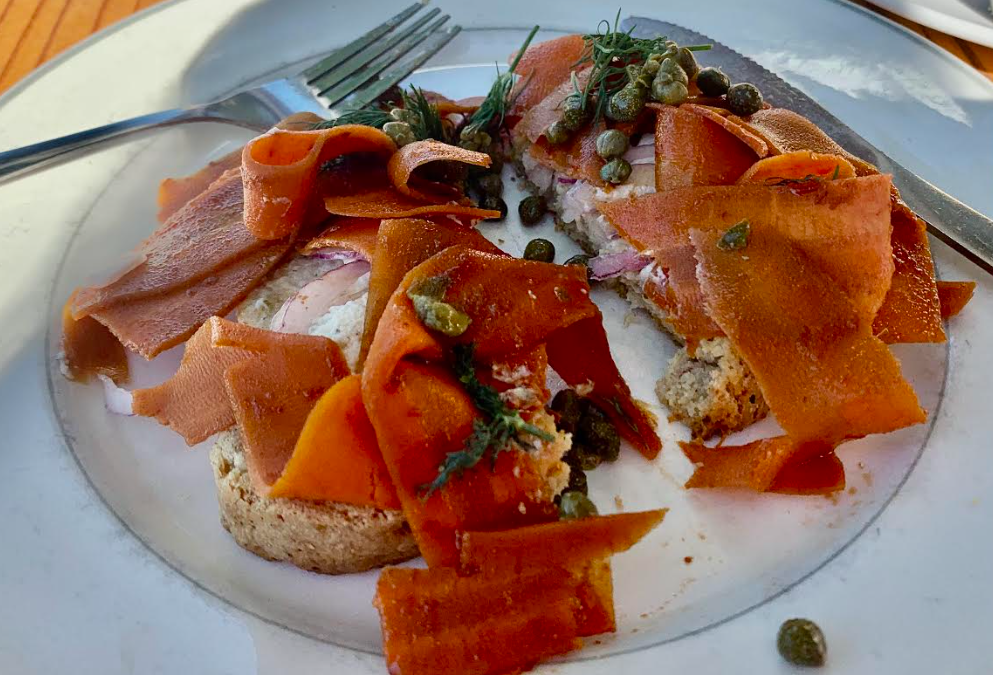


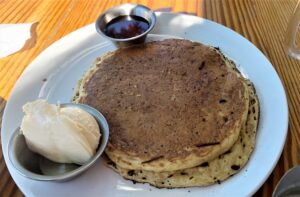 amazing vegan restaurant called
amazing vegan restaurant called 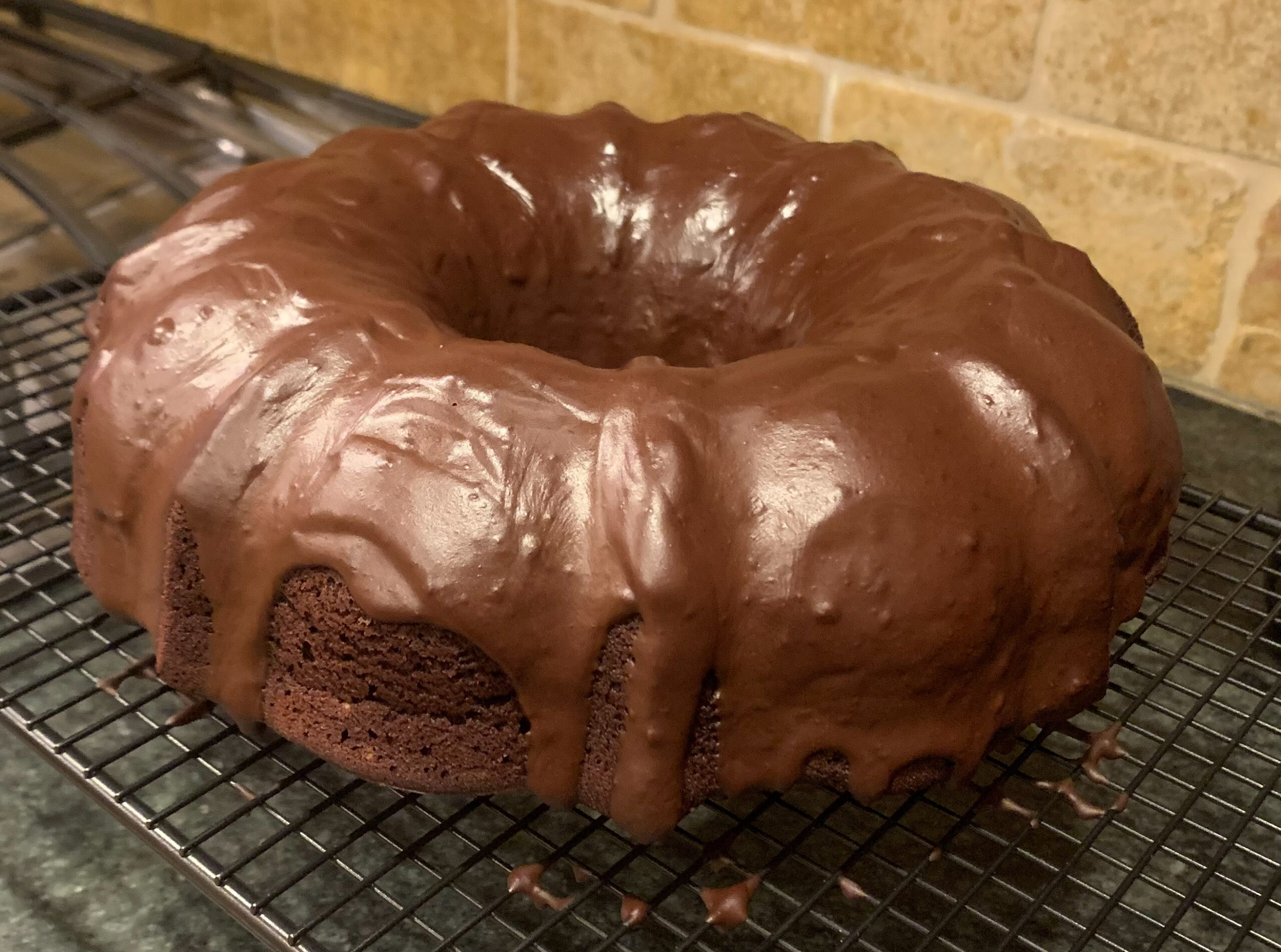
 And this sugar conversation extends beyond refined sugars.
And this sugar conversation extends beyond refined sugars.